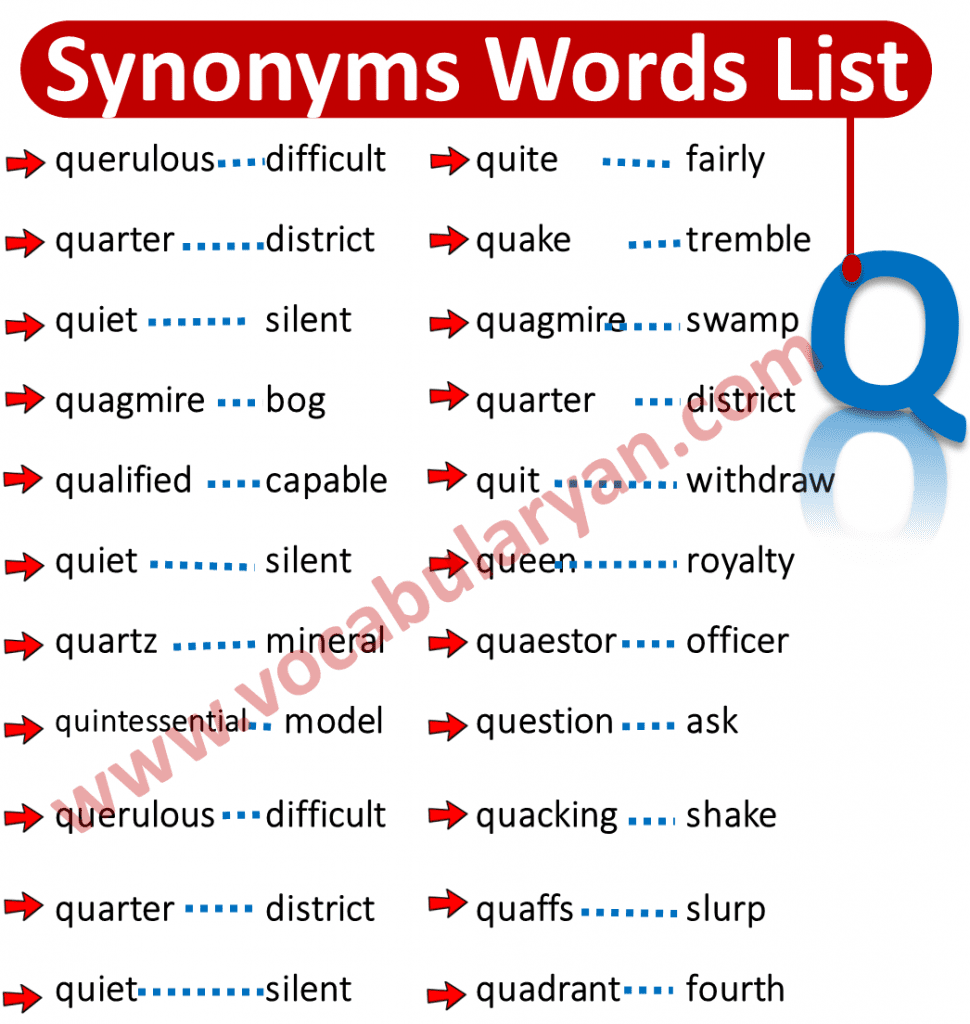

( slang ) forms nouns, from a numeral X divisible by ten and greater than thirty, meaning “someone in his Xs” quarenta ( “ forty ” ) + -ão → quarentão ( “ someone in his forties ” ).forms nouns, from nouns, denoting an item of the same class as the suffixed noun, or which shares a characteristic with the suffixed noun calça ( “ pants ” ) + -ão → calção ( “ shorts ” ) agulha ( “ needle ” ) + -ão → agulhão ( “ sharp rock on a riverbed ” ) fogo ( “ fire ” ) + -ão → fogão ( “ stove ” ).forms the masculine of animal names (whether the animal refers to females or to males and females) abelha ( “ bee (any sex) ” ) + -ão → abelhão ( “ drone ” ) cabra ( “ she-goat ” ) + -ão → cabrão ( “ billy goat ” ).in nouns that are formed from, or homonymous with, an adjective, it augments the quality expressed by the adjective cabeludo ( “ long-haired (adjective) long-haired person (noun) ” ) + -ão → cabeludão ( “ person with very long hair ” ).forms nouns, from nouns, implying that the suffixed noun is powerful or good carro ( “ car ” ) + -ão → carrão ( “ high-performance car ” ) calor ( “ heat ” ) + -ão → calorão ( “ intense heat ” ) soco ( “ punch ” ) + -ão → socão ( “ powerful punch ” ).used to refer to things affectionately filho ( “ son ” ) + -ão → filhão ( “ used by a father to address his son, when he is proud of the son ” ) amigo ( “ friend ” ) + -ão → amigão ( “ a good friend a true friend ” ).forms nouns, from nouns denoting things, meaning “big thing,” usually but not necessarily with the same gender livro ( “ book ” ) + -ão → livrão ( “ big book ” ) janela ( “ window ” ) + -ão → janelona ( “ big window ” ).forms the augmentative of nouns Synonyms: -ácio, -aço, -alhão, -arrão, -ázio, -eirão.ão m ( feminine -ona, plural -ões, feminine plural -onas) Akin to Spanish -ón, Italian -one and French -on, compare Romanian -oi. IPA ( key): ( Portugal ) /ˈɐ̃w̃/, įrom Old Portuguese -on, from Vulgar Latin *-ōne, from Latin -ōnem.


 0 kommentar(er)
0 kommentar(er)
